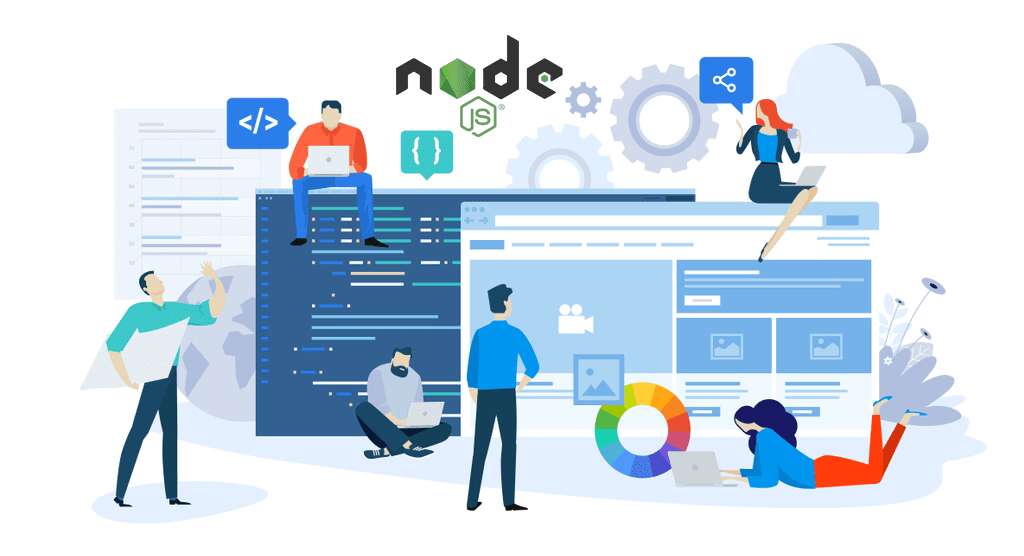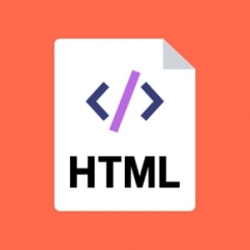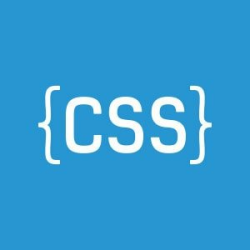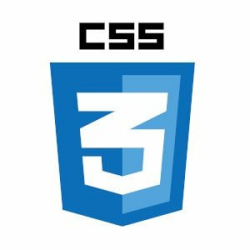8 Useful Node.js Libraries Developers Should Use

8 Useful Node.js Libraries Developers Should Use
Node.js is an open-source, cross-platform JavaScript runtime environment that has gained immense popularity in recent years due to its ability to build efficient and scalable web applications. It's widely used for developing server-side applications, particularly those that require real-time communication and high performance.
To streamline the development process and enhance the functionality of Node.js applications, a plethora of libraries have emerged, each offering unique features and capabilities. Here, I'll explore the top Node.js libraries for backend development:
1. Express
Express is a minimalist and flexible web framework for Node.js. It provides a simple and elegant API for building web applications, including:
Routing for mapping URLs to handlers.
Middleware for handling common tasks such as logging, authentication, and content negotiation.
Template engine integration for rendering dynamic HTML pages.
Express is a popular choice for developing backend applications because it is easy to learn and use, and it provides a solid foundation for building scalable and maintainable applications.
2. Socket.io
Socket.io is a real-time communication library for NodeJS development. It enables real-time, bi-directional communication between the server and the client, making it ideal for building applications that require real-time data updates.
Socket.io provides a number of features that make it easy to build real-time applications, including:
A real-time API for sending and receiving events.
Room support for organizing clients into groups.
Support for multiple transports such as WebSockets and long-polling.
3. Winston
Winston is a logging library for Node.js. It provides a variety of features for logging, including the ability to log to different destinations, such as the console, files, and remote servers. Winston also allows you to customize the format of your logs. Winston is a popular choice for Node.js applications that need to log events and debug issues.
Also read: Use React With NodeJS for Web App Development
4. Mongoose
Mongoose is an ODM (Object Document Mapper) for Node.js. It makes it easy to interact with MongoDB databases by providing a schema system for defining the structure of your data, query builders for retrieving and manipulating data, and middleware for handling common tasks such as validation and data transformation.
Mongoose is a popular choice for working with MongoDB because it simplifies the process of interacting with the database and reduces boilerplate code.
5. Async.Js
Async is a utility library for Node.js that provides a number of asynchronous functions for working with data and control flow. It makes it easy to write asynchronous code that is easy to read and understand.
Async provides a number of features including:
A collection of asynchronous functions for common tasks such as iterating over arrays, making HTTP requests, and waiting for events.
A waterfall system for chaining multiple asynchronous tasks together.
A callback system for handling errors and results.
6. Request
Request is a simple and powerful HTTP client library for Node.js. It makes it easy to make HTTP requests, send and receive data, and handle errors.
Request is a popular choice for making HTTP requests in Node.js because it is easy to use and has a well-documented API.
Also read: Node.js Best Practices to Build Secure Web Apps
7. Ethers.js
Ethers.js is a complete Ethereum JavaScript library. It provides a comprehensive set of tools for interacting with the Ethereum blockchain, including:
A JSON RPC client for interacting with Ethereum nodes.
A contract abstraction layer for creating and interacting with smart contracts.
A wallet library for managing Ethereum accounts and private keys.
8. Passport.js
Passport.js is an authentication middleware for Node.js. It makes it easy to authenticate users in web applications by providing a number of authentication strategies, such as OAuth, Facebook, and Twitter. Passport.js also provides session management for keeping users logged in and middleware for integrating authentication with your Express application.
Passport.js is a popular choice for authentication in Node.js applications because it is easy to use, supports a variety of authentication strategies, and is well-maintained and well-supported.
Also read: Tips To Hire The Best Nodejs Developers
Wrapping up
Above mentioned Node.js libraries have gained widespread adoption due to their ability to enhance the development process, improve application performance, and simplify complex tasks. By incorporating these libraries into your Node.js projects, you can streamline development, build robust applications, and deliver exceptional user experiences.











Please login or create new account to add your comment.